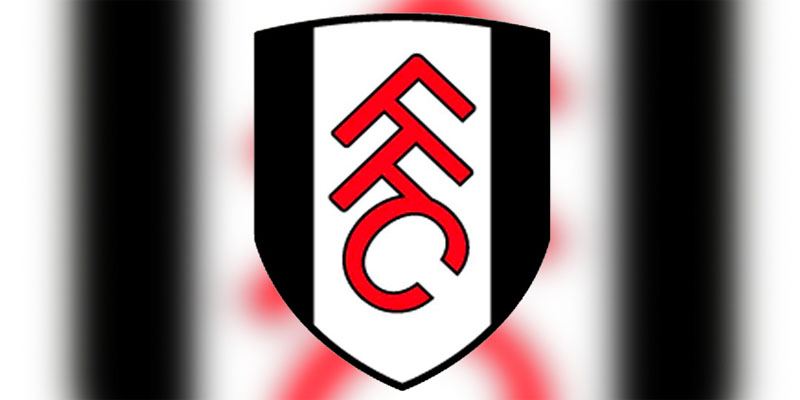
Fulham Football Club: A Legacy of Passion and Premier League
Fulham Football Club has become synonymous with passion for the beautiful game. Nestled in the heart of West London, this historic club encapsulates the essence of English football. Known for their loyal fanbase, stunning riverside stadium, and rich history, Fulham Football Club stands as a testament to the enduring spirit of the ABC8 sport.
Introduction to Fulham Football Club
The story of Fulham Football Club dates back to its formation in 1879, making it one of the oldest football clubs in England. Initially established by church members, the club’s journey has been marked by triumphs and challenges that reflect the evolution of football itself. Over the years, the club has fostered a sense of community and pride among its supporters, creating an unbreakable bond that transcends generations.
As we delve deeper into the narrative of Fulham Football Club, we will explore its illustrious past, remarkable achievements, current standing in the Premier League, and future aspirations. The club’s ongoing journey is a saga of resilience, determination, and heartfelt devotion to the game, making it a quintessential part of the English football landscape.
History and Development of the Club
The history of Fulham Football Club is intertwined with the broader tapestry of football in England. Established in 1879, the club originally played their matches on local pitches before settling into their iconic home at Craven Cottage in 1896. This picturesque ground, located by the River Thames, has witnessed countless memorable moments since its inception.
In the early years, Fulham experienced fluctuating fortunes, oscillating between the lower divisions of English football. However, the club began to make significant strides in the mid-20th century. Under the management of figures like Bobby Robson, who took charge in the 1960s, Fulham not only nurtured local talent but also attracted notable players from across the globe, contributing to the enriching culture of football within the club.
The appointment of various managers throughout the years shaped Fulham’s identity. The arrival of Jean Tigana in the late 1990s marked a turning point for the club, leading to exciting football and promotion to the Premier League in 2001. His attacking philosophy transformed Fulham into a team that was both entertaining to watch and competitive in the league.
The Formation Years
The foundational years of Fulham Football Club were characterized by a grassroots approach to the sport. With church members establishing the club, there was an inherent focus on community values and sportsmanship. Early matches were played against local teams, fostering a sense of camaraderie and competition.
Despite being overlooked in favor of more prominent clubs, Fulham steadily built a reputation through hard work and dedication. The establishment of Craven Cottage as the club’s home provided a sense of permanence and identity.
Over time, Fulham saw a gradual rise in popularity, attracting more spectators and building a loyal following. The fans became an integral part of the club’s identity, cheering passionately from the stands and reinforcing the connection between the team and the community.
The Rise to Prominence
As the 20th century unfolded, Fulham Football Club began to establish itself within the English football hierarchy. Their commitment to developing young talent allowed them to cultivate players who would go on to achieve success both domestically and internationally.
Key figures during this period included the likes of Johnny Haynes, who remains one of the club’s most celebrated players. Haynes’ skillful play and leadership roles exemplified Fulham’s growing ambition and laid the groundwork for future successes.
The appointment of manager Roy Hodgson in 2007 proved pivotal, leading the club to its first major final at the UEFA Europa League in 2010. Although they fell short against Atletico Madrid, that run exemplified the potential and ambition that Fulham possessed.
The Modern Era
Entering the 21st century, Fulham Football Club underwent profound transformations aimed at maintaining competitiveness in a rapidly evolving football landscape. Significant investments were made to improve facilities and attract quality players, culminating in promotions and relegations that defined the club’s trajectory.
While navigating the ups and downs of the Premier League and Championship, Fulham’s focus on nurturing local talent remained steadfast. The club developed a reputation for giving youth a chance, with academy graduates frequently featuring in the first team.
In recent years, Fulham has embraced a new era under fresh ownership, focusing on sustainable growth and revitalizing the club’s ambitions. This commitment to success aims to restore pride and propel the club back into the upper echelons of English football.
Conclusion
Fulham Football Club is more than just a football team; it is a living embodiment of history, passion, and community. Through a rich tapestry of achievements, challenges, and communal bonds, the club has forged a unique identity that resonates deeply within the hearts of its supporters.





